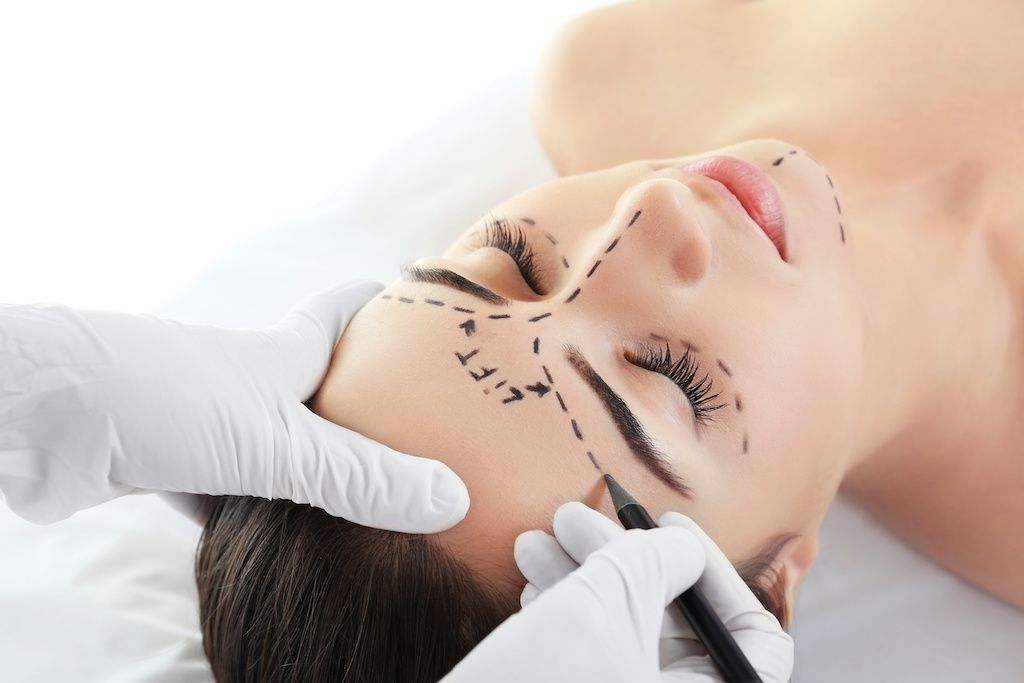Beauty...

By Mollysims.com
Plastic surgery and other aesthetic treatments are personal. Really personal — which is why it’s vital that patients and their doctors have open communication with one another about medical history, goals, and other details, during consultations.
This two-way street means asking your plastic surgeon a number of questions about their background and it also means opening up about your health record, too.
But, first things first: you’ll need to find a doctor! In order to find the right fit, Dr. Jennifer Levine, a board-certified plastic surgeon on Manhattan’s Upper East Side has a few suggestions.
“Patients can ask their friends or family for recommendations,” she says.
“Patients can also visit the doctor’s website to look at before and after photos of other patients who have had the procedure they are interested in, check the internet for reviews, and visit the board websites.”
Now — once you’ve selected a doc, and made time to meet with them— bring this article with you to your consultation (or take notes) so you know exactly what to ask and what to share before an appointment.
Heres what we recommend:
Question #1
During your consultation, speak with your doctor about their day-to-day work. Do they specialize in a specific treatment?
“People should ask their plastic surgeon if they [their doctor] has experience with a particular procedure and if they do it regularly,” says Dr. Levine.
“Someone who does the procedure regularly will be familiar with variations and know what to do if something goes wrong.”
Question #2
Inquire about credentials because they matter!
“[Patients] should ask if the doctor is board certified, which means they have been vetted by other doctors, have performed a requisite number of operative cases and maintain continuing education,” says Dr. Levine.
Question #3
Last but certainly not least: their work shows.
“Ask to see before and after photos and ensure the results are in keeping with your expectations,” says Dr. Levine. “Different patients may want different results, so there should be a range.”
“Patients should share their medications including vitamins, supplements and over-the-counter meds,” says Dr. Levine. “Aspirin, Advil, Motrin and Aleve can increase bruising and bleeding. Some procedures may be contraindicated with certain medications.”
“The patient should disclose previous procedures they have had, as well as any medical problems,” says Dr. Levine.
“The patient should feel comfortable with their doctor,” says Dr. Levine.
“They should feel that the doctor understands their issues, and they are on board with the plan. They should feel comfortable with the doctor’s philosophy and overall aesthetic.”
Now that you’re equipped with info, get ready to ask the important questions and reveal a bit more about yourself, too.